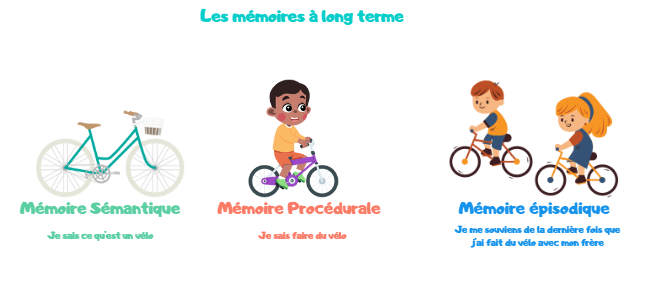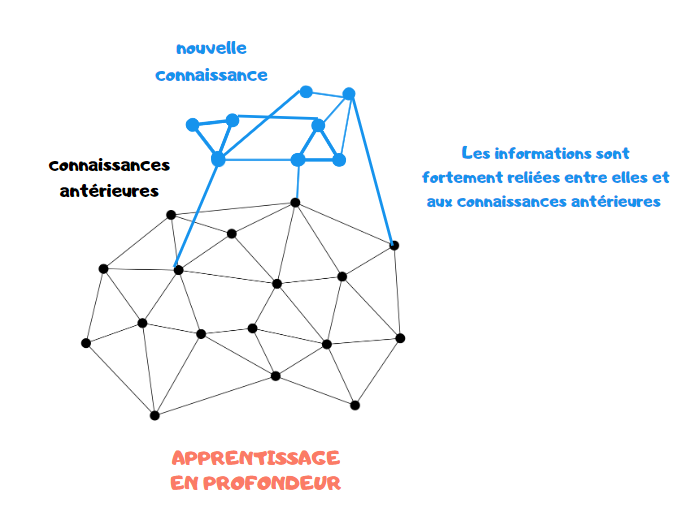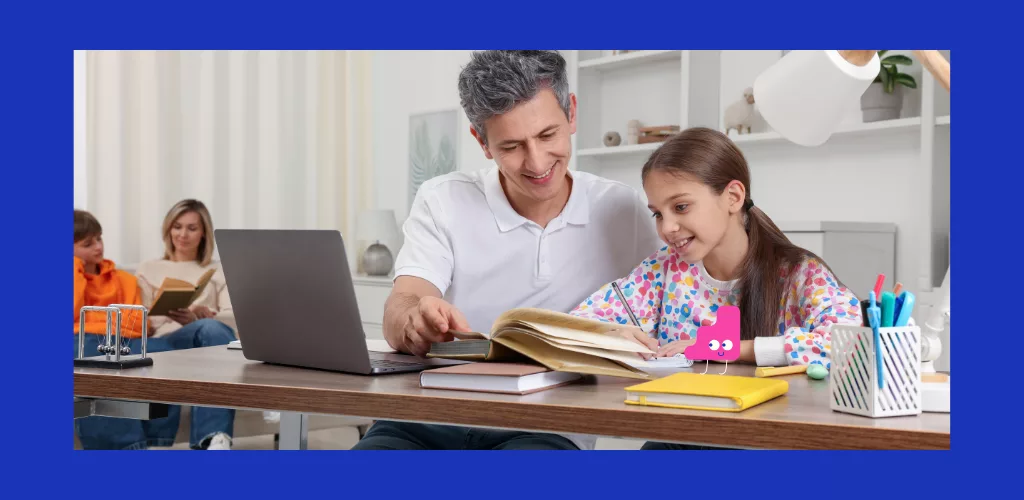How to boost children's memory for smoother, more effective learning
Learning can be a real challenge for our children, especially if their memory doesn't keep up. How can we boost children's memory to make learning easier? That's what we're going to explore together, with clear explanations and practical advice based on cognitive science.
Why memory is essential for learning
Memory plays a key role in learning: it enables us not only to retain information, but also to understand, mobilize and apply knowledge in different contexts.
Contrary to popular belief, learning by heart is not incompatible with understanding. Knowledge and skills are closely linked: to write well, a child needs not only to understand how sentences work, but also to automate the rules of spelling and grammar. This automation frees up working memory for more complex tasks, such as structuring the text.
Boosting children's memory: understanding the different types of memory
Working memory
It enables us to temporarily store useful short-term information: an instruction, a number, a word. It is limited and must be supported to avoid cognitive overload.
Long-term memory
It is divided into :
-
Semantic memory: general knowledge (e.g. "I know what a bicycle is").
-
Procedural memory: automatisms (e.g. "I know how to ride a bike").
-
Episodic memory: personal memories (e.g. "I remember a bike ride").
Tip: Long-term memory works in networks. It evolves, strengthens and becomes more complex with revision and practice.


10 practical tips to boost children's memory
- Offer regular feedback Encourage, correct and explain.
- Use active methods quizzes, flashcards, rephrasing.
- Create links with existing knowledge analogies, concrete examples.
- Vary modalities visuals, sounds, gestures, emotions.
- Use mnemonic tools rhythms, melodies, idea associations.
- Stimulate positive emotions games, surprises, rewards.
- Regularly review the concepts seen previously.
- Spacing out revisions : very beneficial "reminder space" effect.
- Promoting good sleep essential for consolidating learning.
- Assessment for learning For teachers: MCQs, slates, fill-in-the-blank texts (ideal for teachers!)
Bonding with your child, an asset for memory
The quality of the parent-child relationship also influences memory. A child who is reassured, valued and listened to remembers better. Taking the time to learn together, to discuss lessons or to share a playful moment around learning helps to anchor memory.
Conclusion
Boosting children's memory is not a matter of gift or luck. It's a process that can be supported, encouraged and optimized. With the right methods, intelligent revision and a reassuring emotional framework, every child can strengthen his or her memory skills, making learning more enjoyable and more effective.
The Soft Kids team 🌈




0 comments